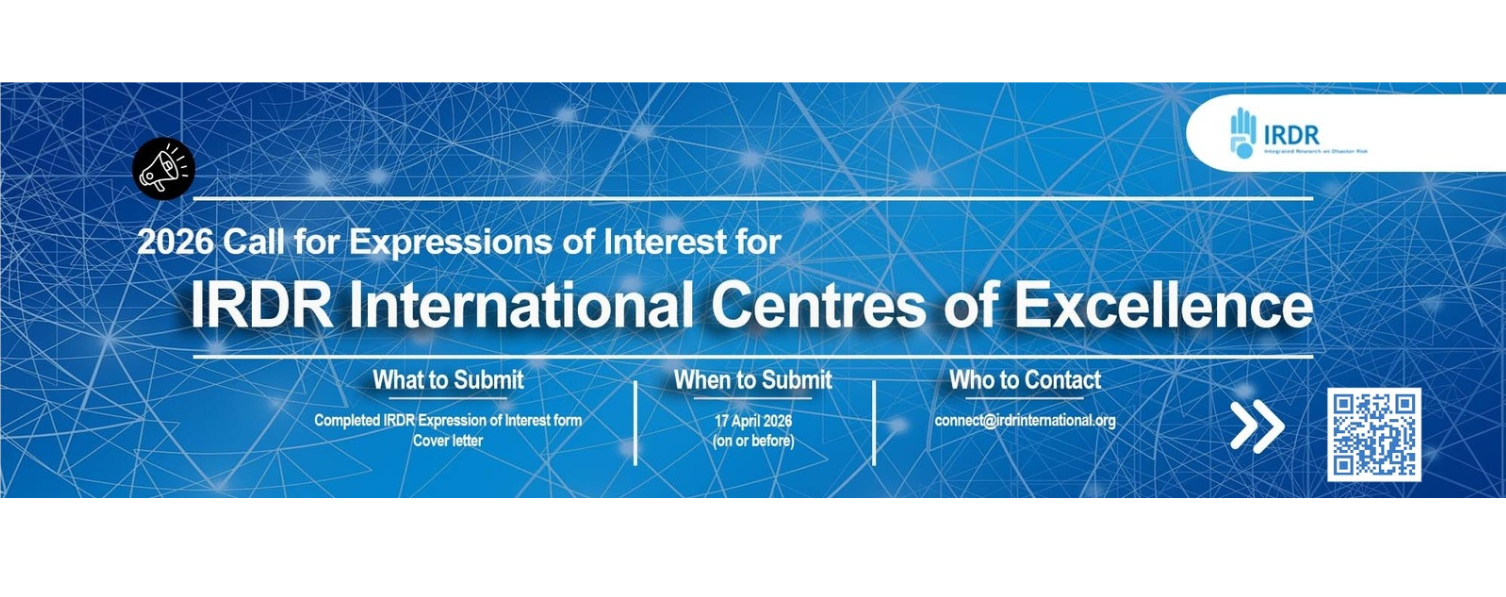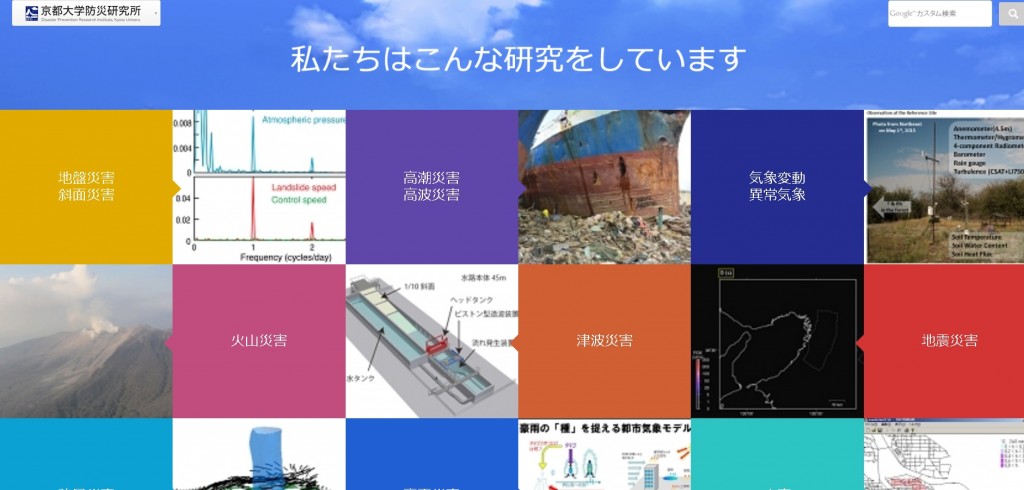The 2014 Academic Conference of RADI convened in Beijing on 9 December and was attended by more than 500 researchers. Under the theme of “Remote Sensing and Digital Earth: Ushering in an Age of Taking the Lead” the conference served as platform for academic exchanges through a wide range of presentations, showcasing the state-of-the-art developments of RADI in terms of basic theory of remote sensing, earth observation and Digital Earth.
The conference was opened by a plenary report of RADI Director-General GUO Huadong. He reviewed the history of RADI and its contribution to China’s remote sensing undertaking over the past 35 years. He elaborated the strategic positioning of RADI and its key competitive advantages, and analyzed opportunities and challenges facing the development of geo-spatial information science and technology. He called on RADI staff to contribute to the Four Initiatives of CAS and China’s campaign of building China into an innovative country.

Three experts gave keynotes speeches: CAS Academician GU Yidong focused on application tasks of manned spaceflight, analyzing the role of manned spaceflight on China’s earth observation programme and the planning of earth observation in the stage of space station. CAS Academician HUAI Jinpeng elaborated on the characteristics of the age of big data, related scientific questions and artificial intelligence. Prof. CHEN Kunshan, an award winner of the national Thousand Talent Program, explored synthetic aperture radar through system simulation.
At the session of Thematic Talks, which was chaired by Prof. GUO Huadong, Profs LI Zhengqiang, LIU Liangyun, WANG Lizhe and CHENG Tianhai gave talks about satellite monitoring of PM2.5, optimum space observation scales, big data-based cloud platform of remote sensing, and mechanisms behind polarization remote sensing of aerosol in China, respectively.
Other sessions included the Youth Forum, where six young researchers were invited to speak about a variety of topics, a session entitled “Viewpoints”, where ten young researchers gave 3-minute presentations on different topics, ranging from the spatio-temporal variation patterns of local ecosystem, to quantum remote sensing prototype development and quantitative remote sensing retrieval of ocean primary productivity.
The establishment of a RADI funding scheme for monograph publications was announced at the conference, which is to support creative and/or high-level scientific research, works of public outreach and translations of RADI research. The conference received 14 contributions to thematic talks, 26 to the Youth Forum, and 39 to the Viewpoints session.
Source: RADI





